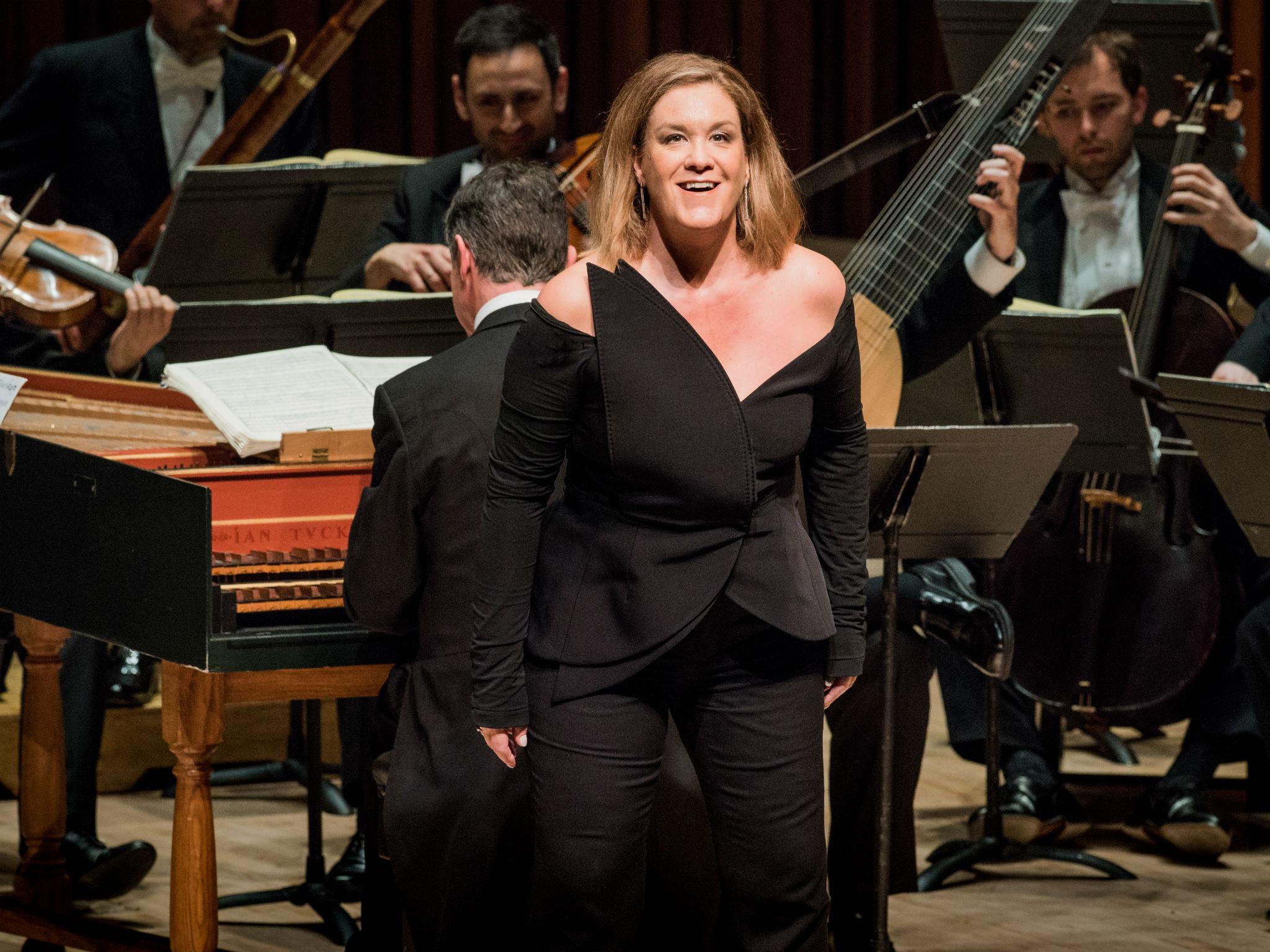Ariodante, Barbican, London, review: Contains some of Handel's most extraordinary depictions of derangement
Mezzo Alice Coote replaced Joyce DiDonato at short notice to sing Ariodante in The English Concert's latest instalment in their series of Handel's operas

Your support helps us to tell the story
From reproductive rights to climate change to Big Tech, The Independent is on the ground when the story is developing. Whether it's investigating the financials of Elon Musk's pro-Trump PAC or producing our latest documentary, 'The A Word', which shines a light on the American women fighting for reproductive rights, we know how important it is to parse out the facts from the messaging.
At such a critical moment in US history, we need reporters on the ground. Your donation allows us to keep sending journalists to speak to both sides of the story.
The Independent is trusted by Americans across the entire political spectrum. And unlike many other quality news outlets, we choose not to lock Americans out of our reporting and analysis with paywalls. We believe quality journalism should be available to everyone, paid for by those who can afford it.
Your support makes all the difference.Period chamber orchestra The English Concert, under the magisterial direction of Harry Bicket, brought Ariodante, the latest instalment in their outstanding series of Handel operas, to the Barbican. It was an evening of marvellous voices digging deep into Handel’s unparalleled genius for emotional veracity and melodic invention, containing as it does some of his most extraordinary depictions of derangement
Mezzo Alice Coote replaced Joyce DiDonato at short notice to sing Ariodante. Experienced in this role, she provided one of the evening’s transcendent moments in the show-stopper ‘Scherza infida’, where Ariodante believes himself betrayed by Princess Ginevra, and Handel gives him the most heart-rending lament over strings and a high bassoon. Another late substitution, again a total triumph, was Mary Bevan as Dalinda, Princess Ginevra’s lady-in-waiting, drawn into a plot against her by the villain Polinesso. Bevan’s sensuous, yielding soprano beautifully dramatised Dalinda’s seduction and infatuation, which together with Sonia Prina’s contralto Polinesso allowed full heft to Handel’s erotic charge.
Matthew Brook’s King of Scotland shone as he moved from bluff bonhomie to a man destroyed by the ruination of all his dreams. In Bicket’s finely-judged calibrations each orchestral gesture was crisply defined, every fragile nuance allowed to breathe. Next March comes Rinaldo. Book now.
Join our commenting forum
Join thought-provoking conversations, follow other Independent readers and see their replies
Comments